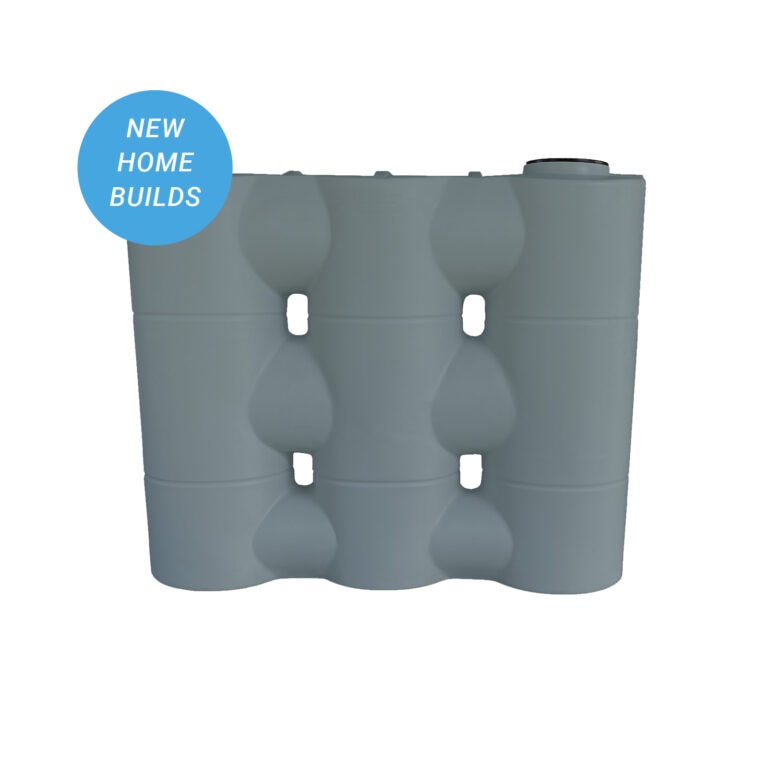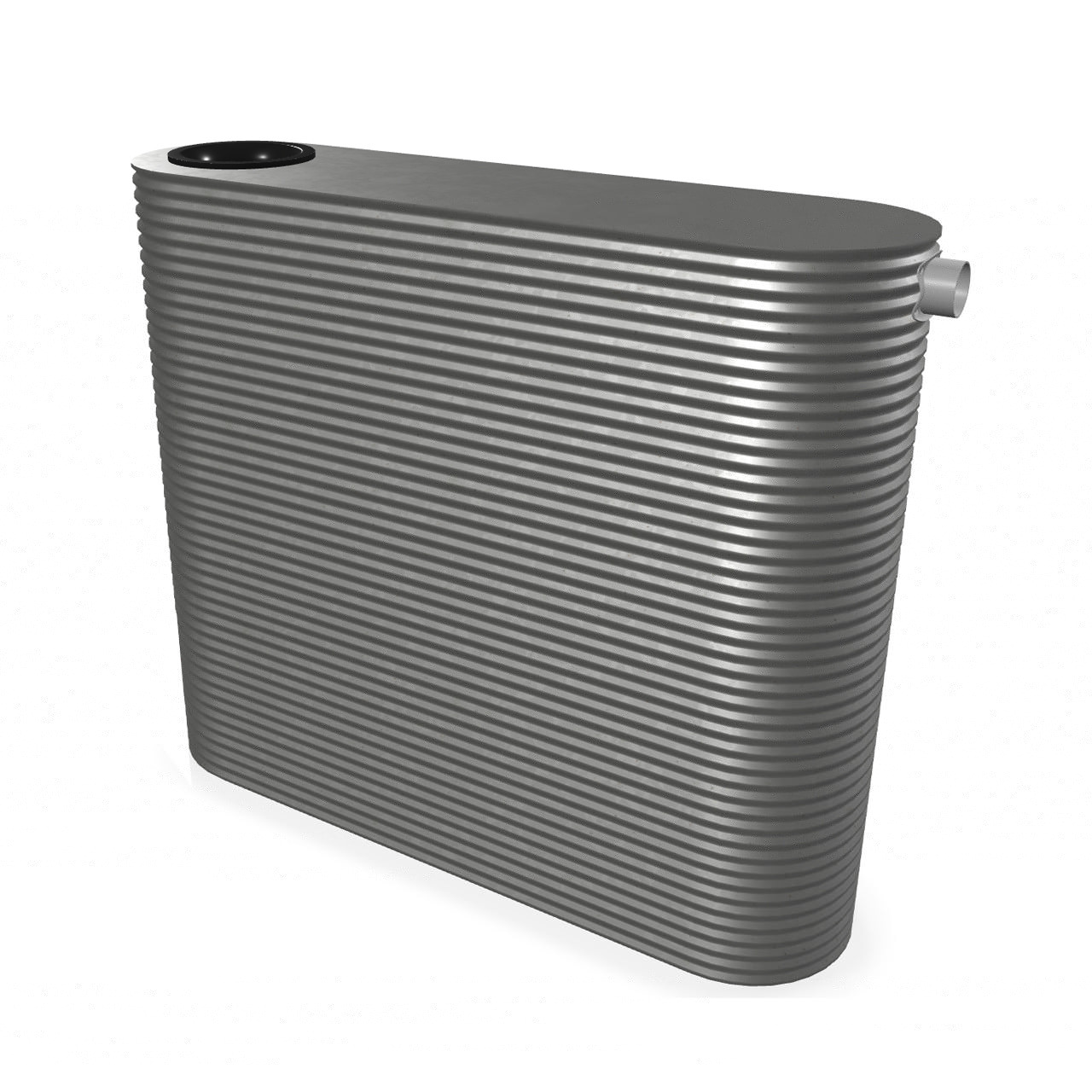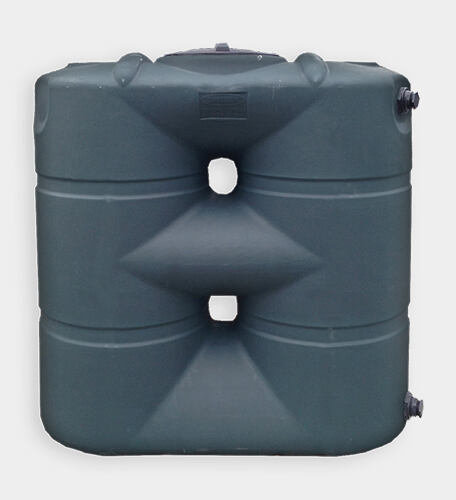Checking Out the Various Uses Rain Tanks for Residential and Commercial Features
As the global focus on sustainable living practices proceeds to increase, the utilization of rainwater storage tanks in both domestic and business setups has emerged as an essential solution. The multifaceted usages of rain tanks present a compelling case for their fostering, not just as a useful water-saving step yet additionally as a testimony to liable resource management.
Advantages of Making Use Of Rain Tanks
Making use of rainwater storage tanks offers numerous benefits for both homes and areas in terms of water preservation and sustainability. One of the key advantages of utilizing rainwater containers is the considerable reduction in reliance on mains water - Slimline water tanks. By recording and saving rainwater for later usage, people and communities can decrease their demand for treated water, eventually relieving the concern on water treatment facilities and lowering power intake connected with water transportation and therapy
In addition, rainwater gathering with tanks supplies a reputable alternative water source during times of water limitations or lacks. This stored rain can be made use of for different non-potable objectives such as watering, flushing commodes, and cleaning clothes, minimizing the pressure on standard water resources. Furthermore, making use of rainwater containers can cause cost savings for both homes and neighborhoods by decreasing water bills and decreasing the need for expensive facilities developments to fulfill expanding water needs.
Basically, the application of rainwater containers uses a sustainable and eco-friendly method to water monitoring, profiting both individual customers and the wider area in regards to water conservation, cost-efficiency, and durability.
Rain Container Use in Watering
Provided the benefits of rainwater storage tanks in preserving water resources and minimizing dependence on keys water system, a significant application depends on utilizing kept rainwater for watering functions - Slimline water tanks. Rain harvesting systems can successfully accumulate and store rainwater, providing a sustainable water source for watering gardens, lawns, and farming areas. By utilizing rain for irrigation, homeowner can reduce their reliance on cured water resources, bring about cost financial savings and ecological advantages

One of the main advantages of using rainwater for watering is its pureness. Rainwater is normally soft and devoid of the chemicals and ingredients frequently located in keys water, making it suitable for nourishing plants without the threat of hazardous effects. In addition, rainwater goes to ambient temperature, which can benefit plant development by staying clear of temperature level shocks that can accompany cool keys water.
Rain Tanks for Commode Flushing

Executing rainwater containers for bathroom flushing is a cost-efficient and eco-friendly practice that can be easily incorporated into both residential and business properties. The kept rain can be made use of to flush commodes by attaching the tank to the existing pipes system. This straightforward yet efficient service can considerably reduce water consumption in a structure, especially in areas where water scarcity is a problem.

Incorporating Rain Containers in Landscape Design
These containers can catch and save rainwater runoff from roof coverings, which can then be utilized for watering yards, grass, and plants. By making use of rainwater for watering purposes, home owners can reduce their reliance on municipal water resources, leading to set you back financial savings and conservation of priceless water resources.
In addition to giving a lasting water source for landscape design needs, rainwater containers can also assist in taking care of stormwater drainage. By catching rain that would otherwise flow into storm drains, these containers can mitigate erosion, lower flooding threats, and avoid contamination of all-natural water bodies. Including rainwater tanks in landscape design can add to the general visual charm of the residential or commercial property, showcasing a dedication to ecological stewardship.
Industrial Applications of Rain Containers
Utilizing rain containers in commercial settings supplies a sustainable service for water administration and preservation, profiting companies and the environment alike. One crucial commercial usage is for irrigation purposes, where harvested rainwater can be made use of to water landscaping, gardens, and farming areas surrounding industrial residential properties.
Furthermore, rainwater containers can be incorporated right into the fire suppression systems of commercial buildings. By having a devoted water resource for firefighting functions, organizations can boost their fire safety steps and potentially lower insurance coverage costs. Furthermore, rain gathered in storage tanks find out here can be treated and utilized for non-potable functions within commercial residential properties, such as flushing toilets, cleaning, and cooling systems. This not just conserves fresh water sources however also reduces operating expenses for organizations. Generally, the consolidation of rain tanks in industrial setups offers a practical and ecologically responsible method to water management.
Conclusion
To conclude, rain storage tanks offer various advantages for both household and commercial residential or commercial properties. From watering to commode flushing and landscaping, the usage of rainwater storage tanks can help conserve water sources and lower water bills. Additionally, integrating rainwater containers in business setups can bring about significant price savings and ecological advantages. In general, the versatility and sustainability of rain storage tanks make them a beneficial financial investment for any kind of building owner seeking to boost water efficiency.